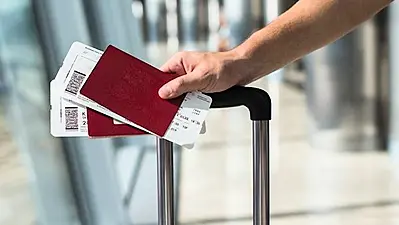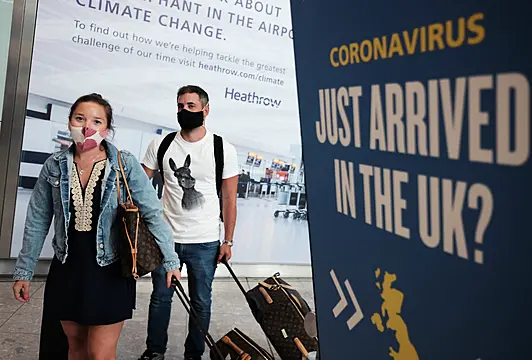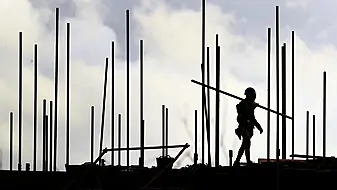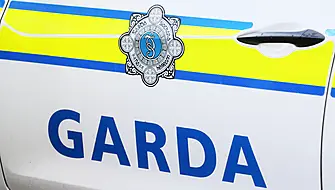An infectious diseases expert has cautioned the Government not to open up travel to the UK until there is more data on the impact of the B16172 (India) variant of Covid-19.
Good control of Covid needed to be maintained to avoid a “fourth wave” of the disease in Ireland, Prof Sam McConkey told RTÉ’s Today with Claire Byrne.
Recent data indicated “a huge jump” in the B16172 variant in some parts of the UK and this had happened despite the high levels of vaccination there, he said.
The concern was that it was spreading rapidly in the community, but he wanted to see analysis of how sick people were getting as a result.
“We don’t want to negate the wonderful work of the vaccination programme,” he said.
Prof McConkey said most people were not yet prepared to travel and even in the North, where there are fewer travel restrictions with Britain, people were being cautious.
While there was some indication that certain vaccines were resistant to the B16172 variant, Prof McConkey said he wanted to see real world results in humans, not just in test tubes and animals.
Steep rise in UK
New coronavirus cases involving the India variant have more than doubled in a week in the UK, with ministers there saying they cannot rule out imposing local restrictions to suppress its spread.

Data from Public Health England published on Thursday shows a steep rise in cases associated with B16172, from 520 last week to 1,313.
The cases are spread across Britain, with the majority in the northwest of England, mainly in Bolton, Sefton in Merseyside, Blackburn in Lancashire, and London.
At present, there is no evidence the B16172 variant is resistant to current vaccines.
Although deemed to be more transmissible, it does not feature the E484K mutation found in the South African variant of the virus, which could help the virus evade a person’s immune system and may affect how well coronavirus vaccines work. – Additional reporting: PA







